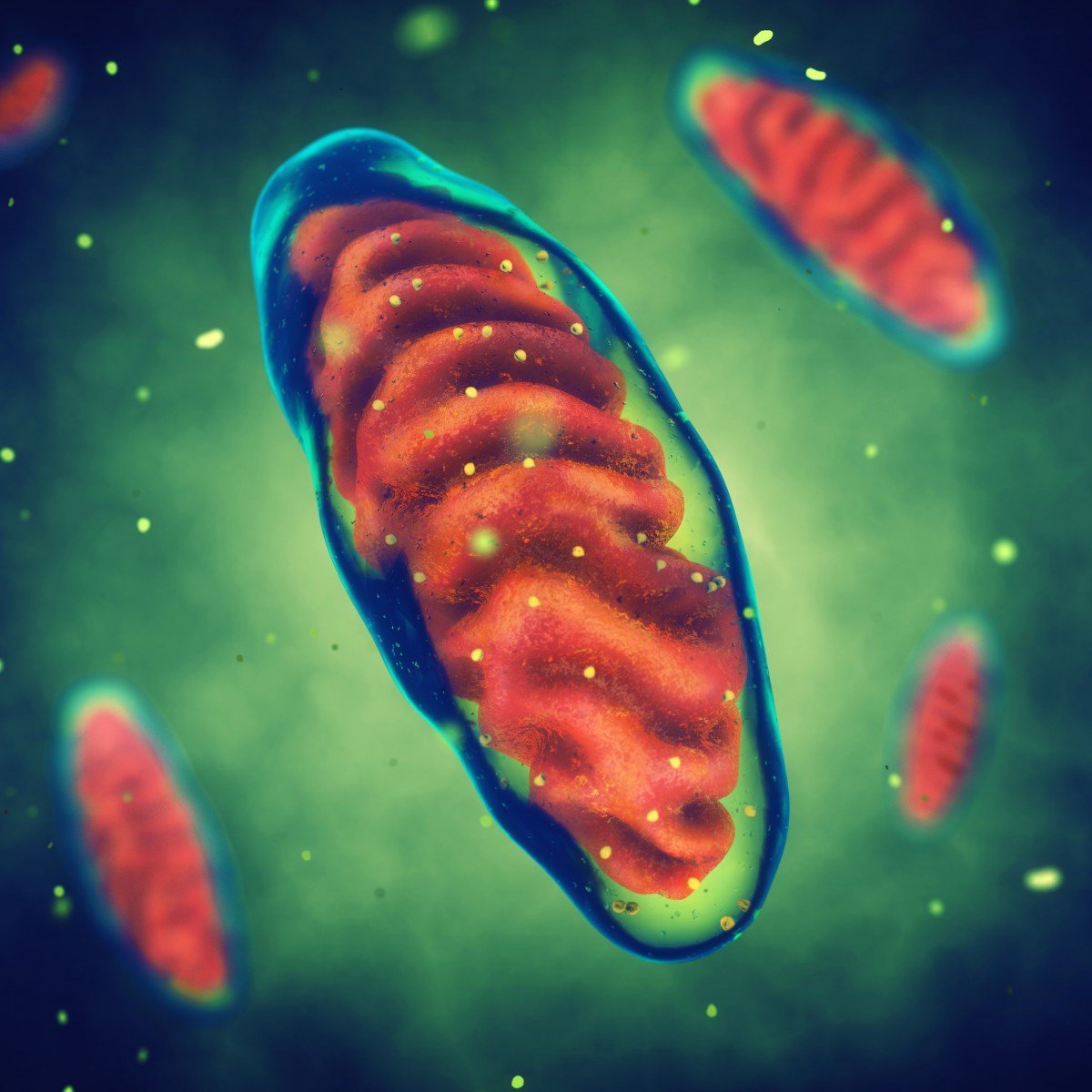KH176 Well-Tolerated in Healthy Men, Study Shows

Researchers report that KH176, under development for the treatment of mitochondrial disease, is well-tolerated when administered to healthy men.
The study “KH176 under development for rare mitochondrial disease: a first in man randomized controlled clinical trial in healthy male volunteers” was published in the journal Orphanet Journal of Rare Diseases.
KH176 is a small molecule that targets reactive oxygen species (ROS) – byproducts of the energy-producing mitochondria and established players in several mitochondrial diseases.
Previous preclinical studies with cells from patients with mitochondria genetic defects showed that KH176 protected the cells against mitochondria ROS. A later in vivo study, reported KH176 significantly improved motor performance and gait in a mouse model of Leigh disease (a rare progressive neurodegenerative, mitochondrial disorder).
In their study (NCT02544217), researchers at the Radboud Center for Mitochondrial Medicine, Netherlands, tested the effects of KH176 in humans. They performed a randomized, placebo-controlled, double-blinded Phase 1 study to test the small molecule’s safety, tolerability and pharmacokinetics when administered in single and multiple doses to healthy male volunteers.
Pharmacokinetics is the study of drug absorption, distribution, metabolism, and excretion.
Researchers administered KH176 orally either as single ascending or multiple-ascending doses. Specifically, they tested six single doses – 10, 30, 100, 300, 800 and 2,000 mg – and three multiple oral doses of 100, 200 and 400 mg, given twice a day for seven days.
The single and multiple doses, together with each respective placebo, were administered separately to groups of six healthy men (four with KH176; two placebo per group).
Researchers observed that KH176 was well-tolerated in single doses up to 800 mg for seven days. Multiple doses administered twice a day also were tolerated at 400 mg doses. Headaches were the most common adverse effect in both KH176- and placebo-treated groups. The drug’s pharmacokinetic profile supported the twice-daily dosing.
At high concentrations (e.g., more than a total daily dose of 1,000 mg) KH176 was linked to clinically meaningful alterations to the subjects’ heart rates.
A follow-up trial Phase 2 clinical trial with patients carrying a mitochondrial DNA mutation is underway, where participants are given a 100 mg dose of KH176 twice a day. Results are expected in the first quarter of 2018.






